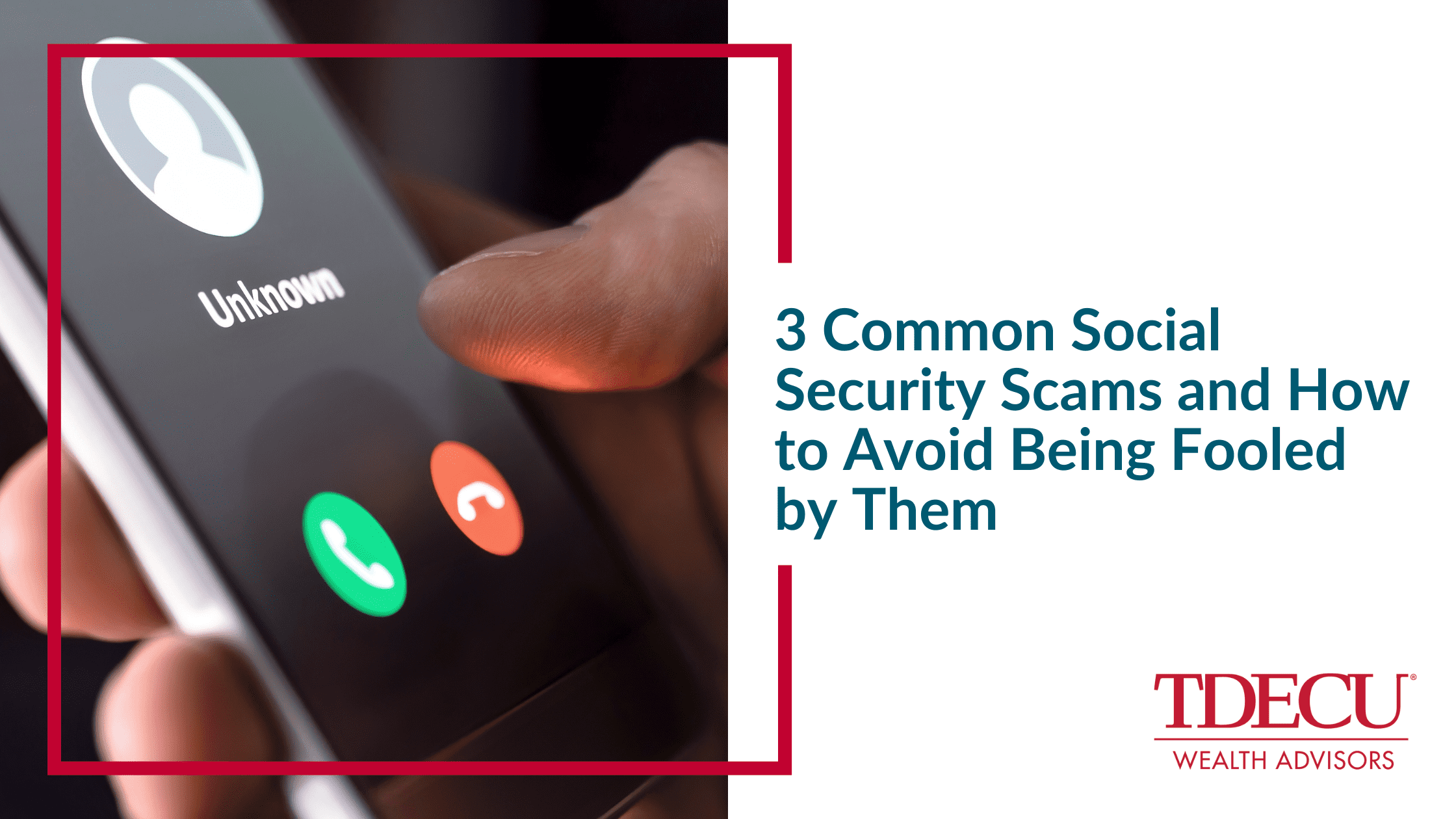Targeted scams have become even more popular with the amount of personal information readily available on the internet. Social Security recipients are, unfortunately, targeted by some of the most sophisticated scam artists out there. From phone scams to phishing attempts and intercepted deposits, here are three common Social Security scams and how you might avoid being fooled by them.
Phony Phone Calls
Generally, the Social Security Administration (SSA) communicates with you over the phone only if you request a call. You are unlikely to get a call from the SSA at random. Be immediately suspicious of anyone who calls you and claims to have information about your Social Security benefits. Moreover, the SSA will never require you to make payments with a gift card, wire transfer, prepaid debit card, cryptocurrency or by mailing cash. Scam artists love receiving these payments because they are more difficult to trace. Money sent in these ways may be almost impossible for you to recover.
Phishing Emails or Texts
Scam artists use a technique called phishing. A phishing attempt may send you a text or email message that appears to come from the SSA and coerces you into providing personal information. Once you provide some personal information or click on an unsafe link, the phishers may gain access to your bank accounts, email or social media accounts. Gaining access to social media accounts, in particular, may allow the phisher to lock down these accounts and demand a ransom in return for unlocking them.
Direct Mail Fraud
Although most Social Security scams have moved online, direct mail scams continue in some areas. These scams involve letters or pamphlets sent to Social Security recipients, offering an extra monthly check or an increase in their Social Security benefits in exchange for personal information that might allow the scammer to access the victim's credit and bank accounts.
Avoiding Scams
There are a few tips to follow that may help you avoid a scam. Please inform any potentially vulnerable older friends and family members about these scams.
- If you receive a call, text or email from someone you do not know, whether or not they claim to be from the SSA, do not answer or return it. If you do not realize there is an unknown caller on the phone until after you have answered the call, hang up instead of engaging.
- Do not give out personal information in any phone, email, or text interaction in which you were not the one to initiate the communication.
- If someone making a scam attempt contacts you, report the scam to the U.S. Office of the Inspector General using the online form1.
- Do not feel pressured into making a large transaction or financial decision immediately. If the person you speak to claims that an opportunity will not be available the next day, they may be using a false sense of urgency to pressure you into doing something you would avoid if you had more time to contemplate. The scam artist knows that the longer you put off a transaction, the less likely you might be to do it.
1 oig.ssa.gov
Important Disclosures
This material is for general information only and is not intended to provide specific advice or recommendations for any individual.
All information is believed to be from reliable sources; however LPL Financial makes no representation as to its completeness or accuracy.
This article was prepared by WriterAccess.
LPL Tracking #1-05244868
